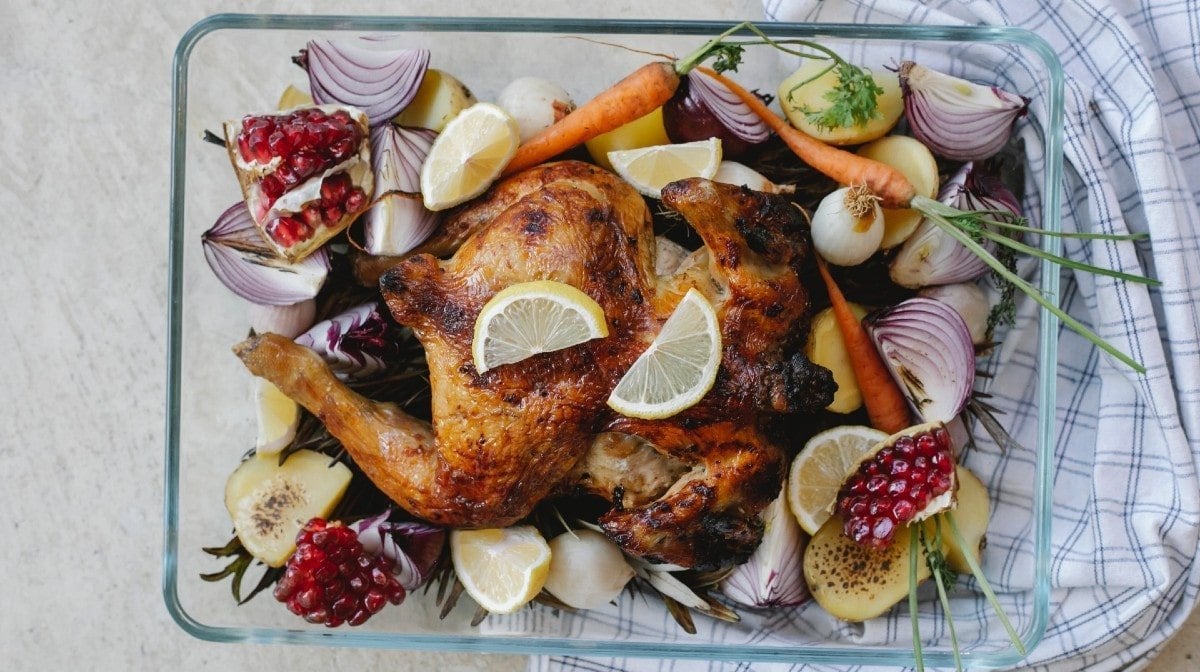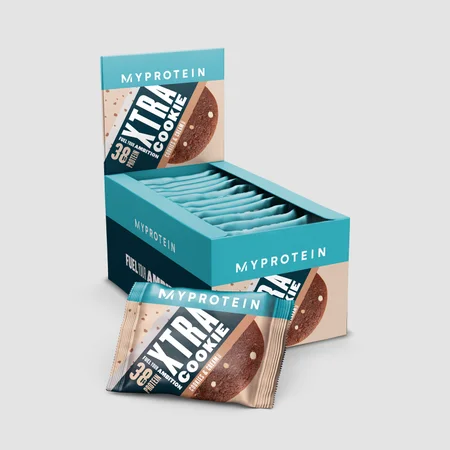

What does the Climatarian Diet cut out?
Climatarians minimise foods with the biggest carbon footprint, including:
- Beef, pork and lamb
Eggs Farmed salmon Cheese Processed foods
1. Red meat, specifically beef, lamb and pork
2. Cheese
3. Chocolate
4. Imported produce
Fruits and vegetables are grown seasonally. That means if consumers want and expect their favourite produce year-round, it’s going to need to be imported from elsewhere, usually overseas. So Climatarians recommend eating seasonally.

Are there any health benefits to the Climatarian Diet?
The verdict
READ THESE NEXT:

'90s Trends We'd Both Love & Hate To Come Back
We don't remember the '90s having this much cabbage soup......
01/09/2021 By Monica Green

Jenaed Gonçalves Brodell Writer and expert










